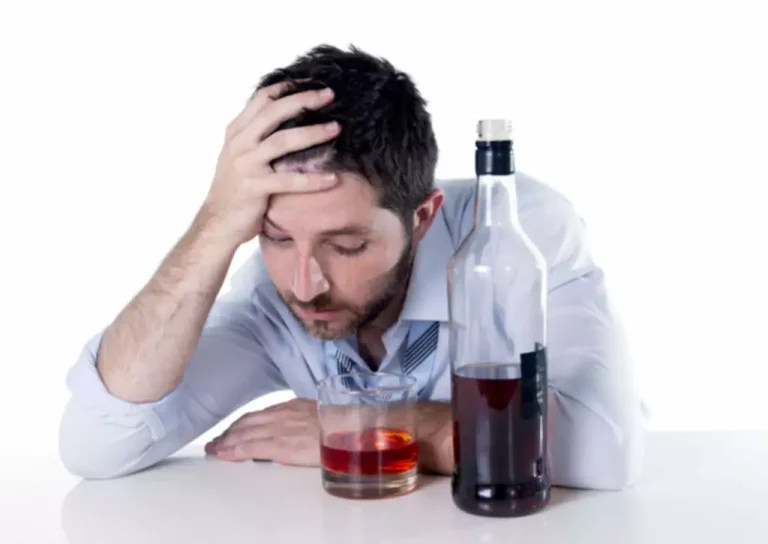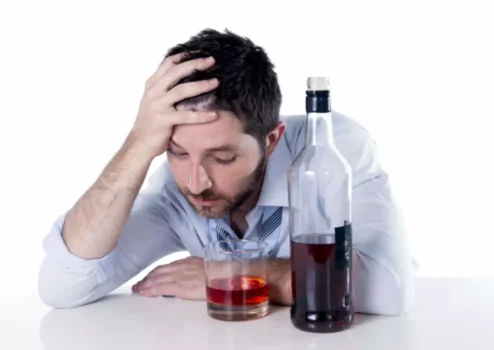
Even moderate consumption—no more than one alcoholic beverage per day for women, and no more than two per day for men—comes with dangers, and the situation snowballs the more a person sips. Some research suggests that part of the way alcohol use may reduce the risk of heart attacks is the impacts it has on the https://ecosoberhouse.com/ limbic system, such as limiting stress signals in the brain. But there are less risky ways to achieve that same goal, Tawakol said, such as exercise that comes with multiple benefits. Many experts respect the complexity of the science, but warn against viewing drinking alcohol as a categorically healthy habit.
Feel like you should be drinking less? Start here
- The coexistence of alcoholism and depression can lead to a range of mental health challenges, including increased anxiety, a higher risk of suicide, and reduced overall quality of life.
- Despite this, less than half of the US public is aware of any alcohol-cancer connection.
- The more the drinks flow, the more likely you are to experience a range of emotions.
- Assessing the risks and benefits of alcohol consumption remains an active area of research that may lead to major changes in official guidelines or warning labels.
- Inpatient alcohol rehab programs provide a structured environment where individuals can focus on their recovery.
- Most adults in the United States drink alcohol, but there is steadily growing public concern about the health effects of moderate drinking.
Detox is generally the first step in an individual’s recovery process and it’s followed by the person’s entry into a formal drug rehabilitation program. With detox, the person can comfortably and safely withdraw from alcohol. Signs to Drug rehabilitation look out for include things like continuous low mood or sadness, feeling hopeless and helpless, having no motivation or interest in things, and – for some people – thoughts about harming themselves. Excessive drinking has numerous impacts on your body and mind, ranging from mild to severe.
- People who undergo major depressive symptoms might start the process of relying on alcohol to feel better, and ease their symptoms.
- Crystal Raypole has previously worked as a writer and editor for GoodTherapy.
- The relationship between alcohol and depression is complex, but it is vital to understand that recovery is possible.
- It’s crucial to recognize that alcohol is a depressant and can worsen the symptoms of depression over time.
What is Alcohol’s Effect on Brain Chemistry?
Predictably, the alcoholic beverage industry opposes more restrictive guidelines. Inpatient alcohol rehab programs provide a structured environment where individuals can focus on their recovery. These programs offer a combination of therapy, counseling, and support to address the physical and psychological aspects of alcohol dependence.
Outpatient Treatment

One protective factor possibly related to drinking to cope among PLWH is perceived social support. Described as the buffering hypothesis (Cohen & Wills, 1985), data show that increased social support predicts less alcohol use in reaction to life stress (Peirce, Frone, Russell, & Cooper, 1996). In this study, we examined four aspects of does alcohol make depression worse social support, as each might have unique benefits for the individual.

PLUS, the latest news on medical advances and breakthroughs from Harvard Medical School experts. As a service to our readers, Harvard Health Publishing provides access to our library of archived content. Koob suggests Rethinking Drinking, and the NIAAA website that provides information on alcohol and how to spot a potential problem and get help. Robbed of cortisol, your mood can take a dive while your irritability increases.
- Compared with people who never consume alcohol, those who drink in moderation were at lower risk of heart attack and nonfatal stroke.
- According to the National Institute on Alcohol Abuse and Alcoholism, moderate drinking means one drink per day for women and two drinks per day for men.
- The prefrontal cortex, a region essential for decision-making, self-control, and emotional regulation, is particularly vulnerable to the effects of chronic alcohol use.
Opiate and Fentanyl Detox, Addiction, and Effective Treatment Options
But what you may know be aware of is excessive drinking can seriously cause your mood to tank because of insomnia and/hypersomnia. Research tells us that people who regularly drink experience reductions in folic acid; a member of the B-9 vitamin family. That’s important to know because a lack of folic acid can cause your brain to age faster.

